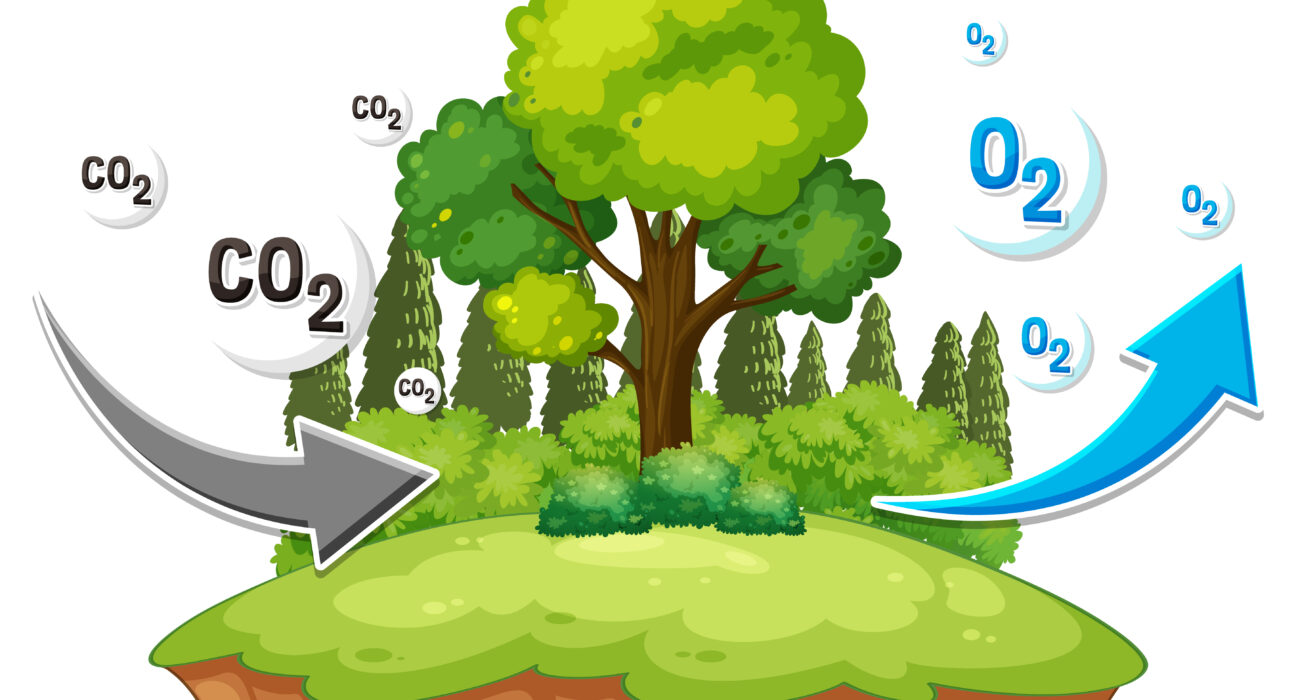We’re excited to go deep into the topic of energy generation in this blog post. Green hydrogen and fossil fuels are the two titans that are being pitted against one another today.
What are fossil fuels and green hydrogen?
It’s important to understand these two energy sources before we begin comparing them.
Coal, oil, and natural gas are examples of fossil fuels, which are non-renewable resources that have long served as the main source of energy. Fossil fuels are created from the remnants of extinct plants and animals, thus the term.
Green hydrogen, on the other hand, is a form of renewable energy. This color code denotes hydrogen produced by electrolysis, a process that separates water into hydrogen and oxygen using electricity generated from renewable energy sources.
The Pros and Cons of Green Hydrogen
Pros
1. Zero Carbon Emissions: When green hydrogen is produced using renewable energy sources, no carbon dioxide or other dangerous greenhouse gases are released into the atmosphere. It is therefore eco-friendly.
2. Versatility: Hydrogen has a wide range of uses, including in manufacturing, power generation, and transportation.
3. Energy Storage: By storing green hydrogen and using it later, the supply and demand of renewable energy may be balanced.
Cons
1. Production Efficiency: Currently, green hydrogen production is less effective than that of fossil fuels. During the electrolysis process, a significant amount of energy is wasted.
2. Infrastructure: Widespread usage of hydrogen is not compatible with the current infrastructure. It will take a lot of money to develop this.
3. High production costs: At the moment, creating green hydrogen is more expensive than mining fossil fuels due to inefficiencies and the high cost of renewable energy.
The Pros and Cons of Fossil Fuels
Pros
1. High Energy Output: For a long time, fossil fuels were the go-to energy source because they produced a lot of energy.
2. Infrastructure: The world’s current infrastructure was designed to facilitate the extraction, movement, and use of fossil fuels.
3. Dependability: Fossil fuels are steady and dependable. Unlike certain renewable energy sources, they can deliver electricity regardless of the weather.
Cons
1. Effect on the environment: The burning of fossil fuels produces damaging emissions, particularly carbon dioxide, which is a major cause of climate change and global warming.
2. Non-renewable: Resources derived from fossil fuels are non-renewable. They formed over millions of years, but humans consume them far more quickly.
3. Health Risks: The air pollution brought on by the burning of fossil fuels can cause a variety of health difficulties, such as respiratory disorders and even early mortality.
The verdict
While fossil fuels have helped us in the past and still do so now, it is obvious that for the benefit of the environment, we must turn to more sustainable energy sources like green hydrogen.
Change won’t be simple. There are considerable obstacles to be addressed, primarily in the areas of infrastructure, cost, and efficiency. But it’s anticipated that these challenges will eventually fade away as technology develops. Finding a balance between our energy needs and the health of our planet should be the ultimate objective.
While fossil fuels have aided us in the past and continue to do so now, it is evident that we must switch to more environmentally friendly energy sources like green hydrogen if we want to protect the environment.
The transition won’t be easy. There are several challenges that need to be overcome, especially with regard to infrastructure, cost, and efficiency. But as technology advances, it is hoped that these difficulties will soon disappear. The ultimate goal should be to strike a balance between our energy needs and the health of our planet.

